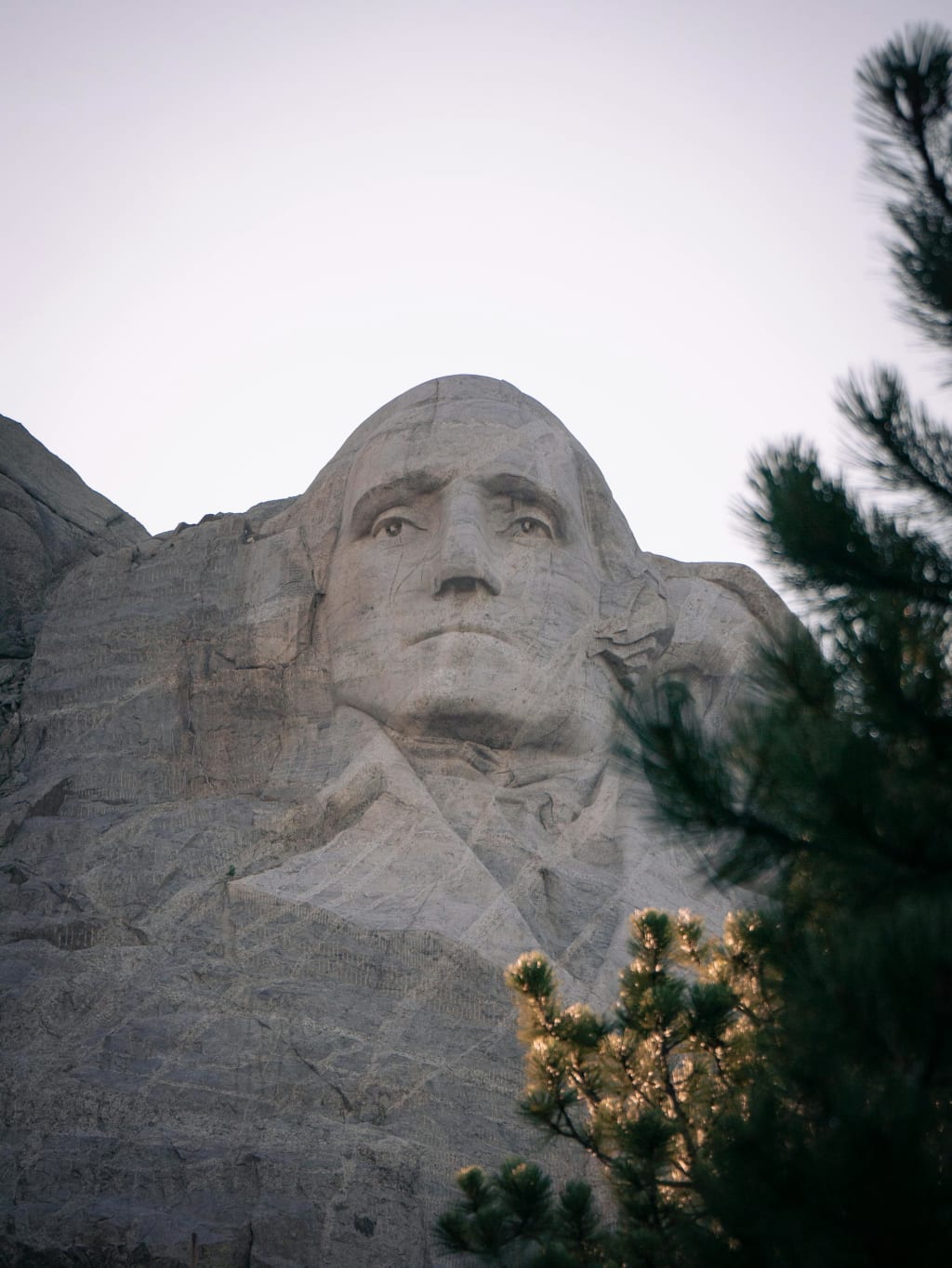
George Washington, often revered as the "Father of His Country," holds a paramount place in American history. His leadership during the American Revolutionary War, his role in the drafting of the Constitution, and his tenure as the first President of the United States cement his legacy as a pivotal figure in the nation's founding. This essay explores Washington's life, his contributions to the establishment of the United States, and the enduring principles he championed.
#### Early Life and Military Career
George Washington was born on February 22, 1732, in Westmoreland County, Virginia, to Augustine and Mary Ball Washington. As a young man, Washington exhibited a keen interest in military and agricultural pursuits. His early career as a surveyor provided him with essential skills and knowledge of the American frontier, which later proved invaluable.
Washington's military career began in earnest during the French and Indian War (1754-1763), where he gained significant experience and a reputation for resilience and leadership. His early challenges and successes during this conflict laid the groundwork for his later role in the American Revolution. Washington's strategic foresight and commitment to the colonial cause made him an ideal candidate for leadership when tensions with Britain escalated.
#### Leadership in the American Revolution
In 1775, the Second Continental Congress appointed Washington as the Commander-in-Chief of the Continental Army. His leadership during the Revolutionary War was marked by a series of strategic retreats and victories that maintained the morale and coherence of the American forces. Notably, his daring crossing of the Delaware River in December 1776 led to a crucial victory at the Battle of Trenton, which reinvigorated the revolutionary cause.
Washington's ability to hold the army together through the harsh winter at Valley Forge (1777-1778) showcased his dedication and the trust he inspired in his troops. His commitment to the cause and his strategic acumen were instrumental in securing American independence, culminating in the decisive victory at the Siege of Yorktown in 1781.
#### The Constitutional Convention and the Presidency
After the war, Washington's influence was crucial in the formation of a new government. Recognizing the weaknesses of the Articles of Confederation, he supported the convening of the Constitutional Convention in 1787. As its president, Washington played a key role in facilitating the debates that resulted in the United States Constitution, a document that established the framework for a strong federal government while protecting individual liberties.
In 1789, Washington was unanimously elected as the first President of the United States. His presidency set many precedents that would shape the future of the office. He established the Cabinet system, promoted fiscal responsibility, and advocated for a policy of neutrality in foreign affairs. His Farewell Address in 1796 warned against the dangers of political parties and entangling alliances, advice that echoed through subsequent generations of American statesmen.
#### Legacy and Impact
George Washington's legacy extends beyond his military and political achievements. His character and leadership qualities, including integrity, humility, and a sense of duty, have become emblematic of American ideals. Washington’s decision to step down after two terms established a tradition of peaceful transitions of power, reinforcing the democratic principles upon which the nation was founded.
Washington's Mount Vernon estate, where he retired after his presidency, remains a symbol of his commitment to American agrarianism and his role as a citizen-leader. His life's work laid the foundation for a nation dedicated to liberty, democracy, and the rule of law.
#### Conclusion
George Washington's impact on the United States is immeasurable. His leadership during the Revolutionary War, his guiding hand in the drafting of the Constitution, and his prudent presidency established the fledgling nation on a path to enduring stability and prosperity. Washington’s vision and values continue to inspire Americans and people worldwide, affirming his place as one of history’s most esteemed leaders. As the "Father of His Country," George Washington’s legacy endures as a testament to the power of dedicated and principled leadership.
About the Creator
Enjoyed the story? Support the Creator.
Subscribe for free to receive all their stories in your feed. You could also pledge your support or give them a one-off tip, letting them know you appreciate their work.





Comments
Nicole Jameson is not accepting comments at the moment
Want to show your support? Send them a one-off tip.